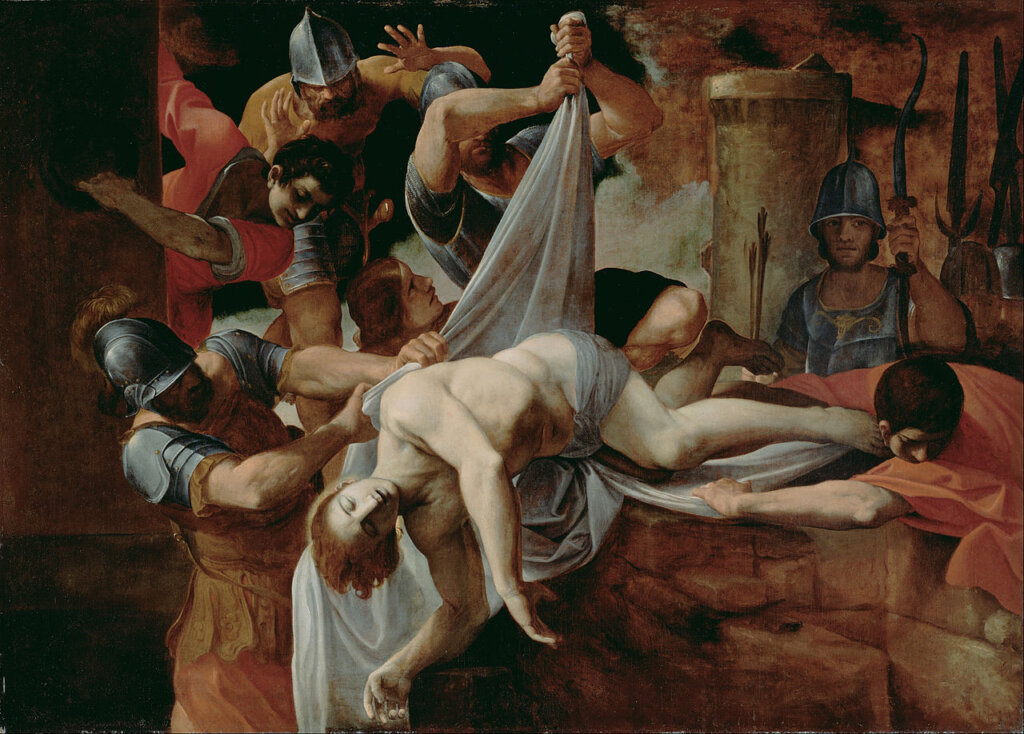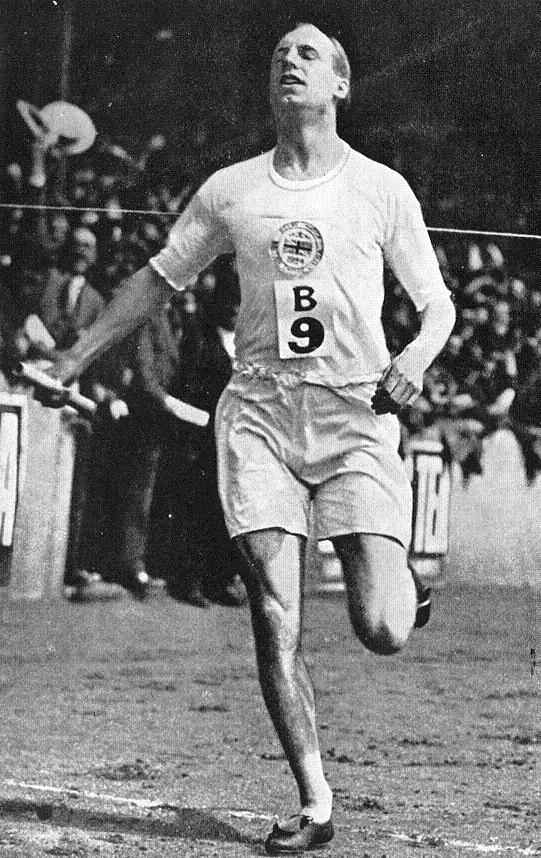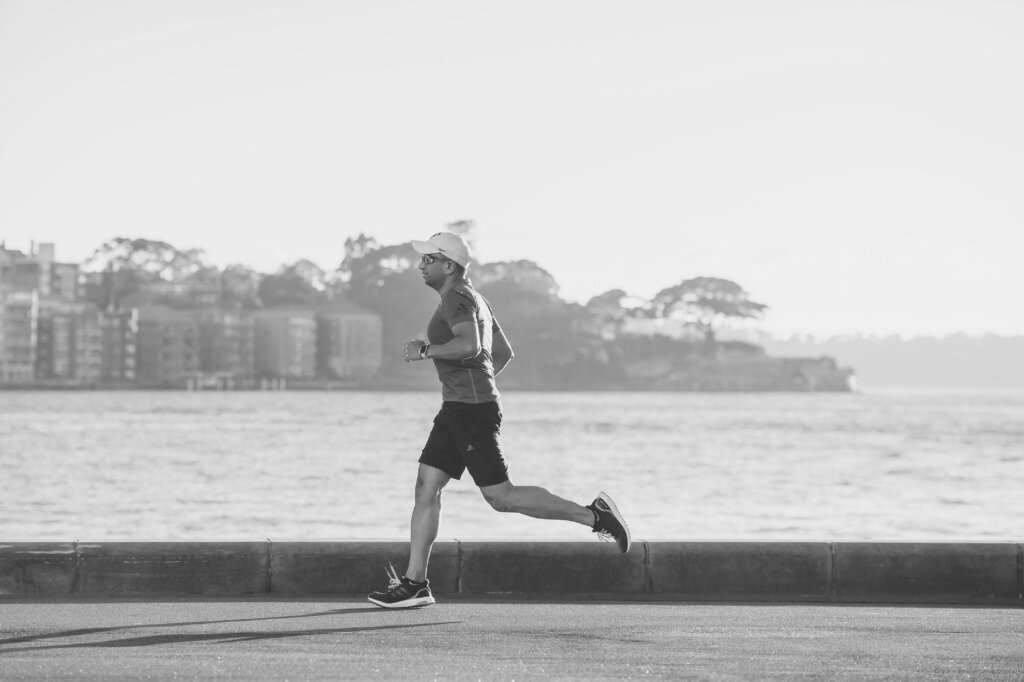
Every year, on January 20th, we celebrate the feast of that great warrior of the Faith: St. Sebastian.
Living in Rome under the dangerous rule of Diocletian, he not only dared to be a Christian—he dared to be a Christian right under the Emperor’s nose as a captain in the Emperor’s bodyguard.
He also used his position in the Praetorian Guard to minister to the Christians suffering under persecution.
Diocletian eventually found out about Captain Sebastian’s faith, and ordered him to be shot with arrows. It is in this condition that we always see him depicted.

But it would take more than a few arrows to bring down the gritty Sebastian.
He survived the ordeal and was nursed back to health by a generous Christian widow.
Then—fearless and unflappable as ever—he marched straight back to Diocletian and upbraided him for his cruelty to the Christians.
The Emperor, shocked that Sebastian was still alive, had him beaten to death.

Because of his status as a soldier, his bravery, and his hard-as-nails fortitude, St. Sebastian has become one of the patron saints of soldiers.
But his endurance gained him another patronage: that of athletes.
Athletics — A Worldly Pursuit?
If we made a list of the necessary aspects of a healthy Christian life, we might rate athletics pretty low, since they are (apparently) a purely bodily endeavor.
We might even get to thinking that those who do pursue them are, in some sense, wasting their time on something worldly. Oftentimes athletics, actively pursued, can lead to sin: pride, vainglory, ambition, selfishness.
That’s because, like anything, sport and fitness can be pursued in a disordered way. Some of us have the tendency to prioritize them higher than things that are actually more important, to spend too much time on them, or to pursue them for vain or selfish reasons.
But I contend that—pursued in the correct spirit—athletics can be a true path to God.
I don’t mean this in the sense of “baptizing” something that is intrinsically worldly or, at best, meaningless.
I mean that athletics are a good, and that training our bodies can actively assist us in training our souls. Through the discipline of our bodies we can teach ourselves real virtues that will help us perform better not only on the track or in the field, but in the spiritual realm, as well.
If you consider yourself a non-athlete, don’t stop reading: this sort of physical-to-spiritual training can be pursued by anyone, athletic-leaning or not.
The Virtues of the Christian Athlete
Let’s take a closer look at some of the virtues of the Christian athlete that assist in training his soul as well as his body.
1. Fortitude

Let’s start with St. Sebastian’s signature virtue: fortitude, one of the four cardinal virtues.
Getting through the hard things is a necessary ability for the successful athlete—and the successful Christian.
If you train yourself to power through a difficult run, swim, or hike—resisting the temptation to turn back or quit—you may see some good results not just with your physical goals but with your spiritual ones, as well.
When it seems easy to abandon our spiritual practices because they feel arduous or dry—and when temptation holds out the allure of worldly things—the times we practiced the virtue of fortitude will pay high dividends.
2. Self-discipline

Connected to fortitude is the virtue of self-discipline.
Becoming a good athlete requires sticking to a training routine, whether you feel like it or not on a given day.
This is excellent training for the spiritual life, which requires a regular routine of prayer and spiritual practices.
In both worlds, self-discipline cures us of laziness, helps us to master our passions, and inculcates the regularity that is the mother of true progress.
3. Penance

Forming a nice trio with fortitude and self-discipline is the idea of penance.
There is so much about athletics that is painful, even for regular athletes.
Every discomfort, every hard lap that you push yourself through, every morning that you get up and go rather than sleeping in: these are all penances that can be offered to God, for your own intentions and those of others.
4. Losing
Losing—and failure more generally—is part and parcel of every competitive athlete’s life. Dealing with it is an opportunity for immense growth.
Losing teaches us at least three virtues:
1) Humility, in the sense that we recognize both our natural limitations and our mistakes. We’ll discuss this a bit more in-depth further on.
2) Charity, as we take joy (even if it’s hard to do so) in the success of someone else.
3) Mortification: The biggest value of losing, perhaps, lies in its ability to teach us to mortify ourselves: to discipline our human desire to feel accomplished and successful, our need to be praised and admired. The idea of loving obscurity is a massive spiritual concept that deserves its own article. Who knew that losing could teach us such a thing?
5. Winning

Let’s be honest: we all like to win. And to be a successful competitor you have to want to win. Anyone who says “I don’t care if I win, I’m just here to participate” is never going to win, nor do they deserve to. So what does winning have to do with the spiritual life?
St. Paul gives the answer: “I run so as to win” (1 Cor 9:24).
We should put everything we’ve got into our human competitions—and we should treat our spiritual life the same way.
Going back to St. Paul, he notes that we are competing for an incorruptible crown, and we should train just as hard—harder, actually—than physical athletes. We must run so as to win Heaven or we’re not gonna get there. No heavenly prizes will be awarded for mere participation.
6. Humility
Losing forces humility on us (though it’s certainly possible to be a sore loser).
When we win, however, we have all the power in the world to either be gracious or self-centered. Choosing to be humble when we could easily take immense pride in ourselves is a true act of virtue. “Blessed is the man who could have done evil things, and hath not done them” (see Sirach 31:8-10).
Keeping your head up when you lose is virtuous—but you’ve gone to the next level if you can keep your head “down” when you win.
7. Patience

Patience is an absolute essential in sports and spirituality.
Lack of patience in physical training leads to “too much too fast,” with the inevitable result of injury. Even when an athlete is doing everything right, injuries, setbacks, and mental or physical blocks still happen. Patience must be employed to avoid discouragement—which itself tempts us to give up the sport altogether.
Spiritual progress is similar. As we strive to build up our strength, a little at a time is a good rule of thumb. Trying to pray for two hours a day when you haven’t ever prayed consistently for even ten minutes a day is a recipe for ruin.
Start small and consistent and build it up from there.
And yes, when you seem to be doing everything right, you will still experience setbacks, blocks, lack of inspiration, and outright failure in spiritual life as well. Just like it is with our physical goals, it’s patience that powers us through.
8. Stewardship of the body
Our bodies are not a prison, a ball and chain, or a mere vehicle for the soul.
Our bodies are a gift.
They are an intrinsic part of ourselves. Keeping them healthy through a good diet and exercise is not only an act of gratitude to God, but also gives us more physical and mental energy for good works, daily tasks, prayer, and study.
Healthy habits are also an act of charity for ourselves, our family, and our friends, since bad life-habits can lead to chronic diseases that end our lives early.
We’re All Spiritual Athletes

As you can see, there is such a rich library of virtues available to us in the realm of physical training. So much more could be said than we have room for here—but be sure to let me know if you’d like to hear more (use the comment section below)!
You don’t have to be a professional, or even an avid, athlete to dip your hand into this abundant treasure trove.
Few of us who aren’t professional athletes have time for enormous amounts of physical training every day. We have jobs, household tasks, errands, spiritual obligations. Many of us don’t even like sports (my own joke as a runner is that very few people in the world actually like running).
But whatever we can do—be it walking, hiking, running, playing a sport, whatever—and however often we can do it—a couple times a week, every other day—is a powerful means of building up our spiritual lives.
So if you’re not in the habit of regular exercise, give it a try.
I’m willing to bet that neither your body nor your soul will regret it.
St. Sebastian, patron of athletes, pray for us!





